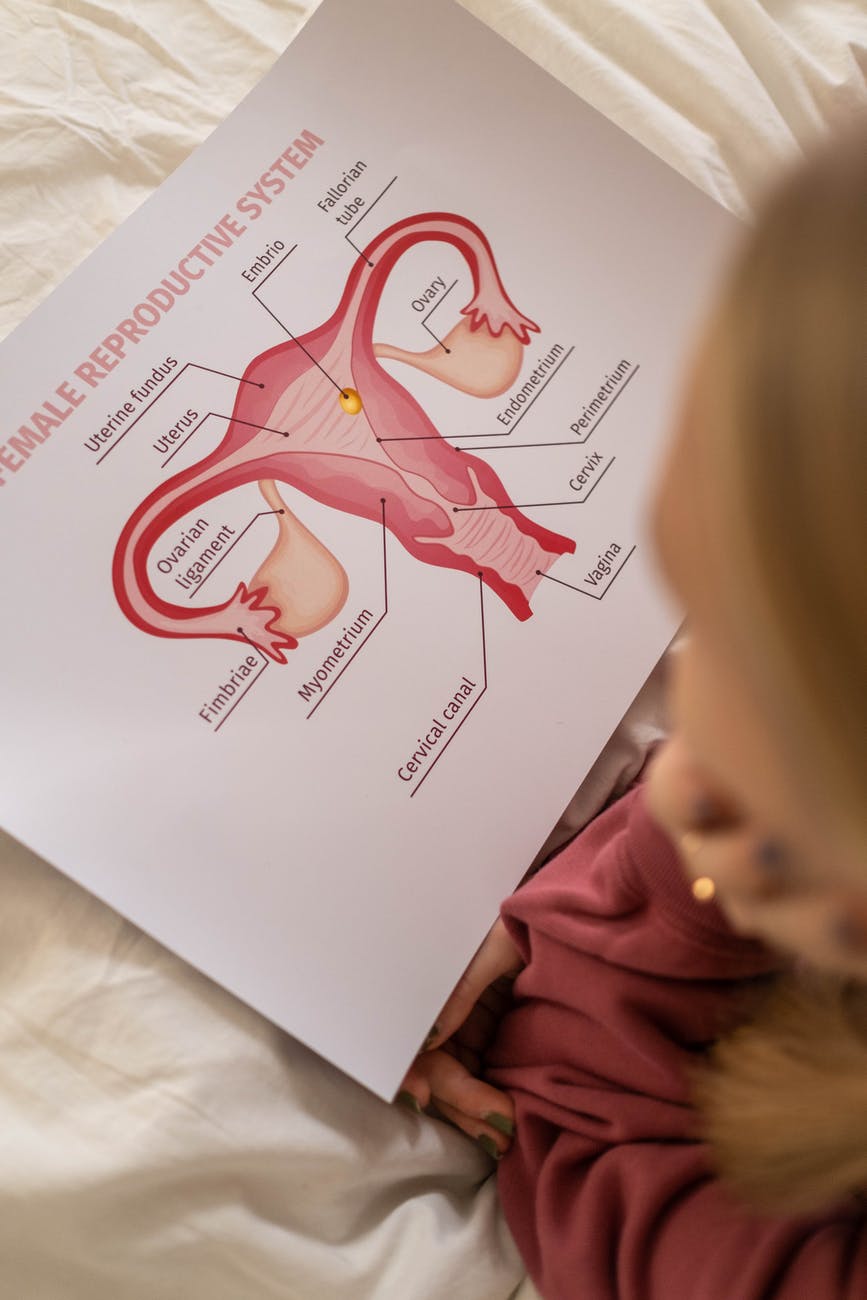In Ireland, women over 25 are eligible for a free cervical screening test every five years.
While the thought of getting one may be daunting, it’s extremely important as they can help detect abnormal cells in your cervix, which may lead to cancer later down the line.
To put you more at ease for your smear test, we’ve outlined everything you need to know and what will happen when you go in for your cervical check.
Take a look:
What is a cervical check?

A cervical check is a type of exam where the doctor or nurse will take a sample of cells from the neck of your cervix. The cervix is located above your vagina and just below the uterus. The point of this test is to detect human papillomavirus (HPV) and can help find early changes in cells and/or identify pre cancerous cells.
If HPV is found in your sample, it will then be checked for cell changes. If HPV is not found, you’re all clear and don’t need any further testing until your next cervical check.
While HPV can be quite common in sexually active women, there are certain high risk types that won’t go away on their own and will need further treatment.
How do I make an appointment?

If you’re between the ages of 25-65 you should get a letter inviting you to book an appointment when it’s time for your cervical check. To check if you are on the register to get these letters, click here.
Once you receive your letter, you can make an appointment through a registered cervical check GP. Give your GP a call and let them know you are due for your routine cervical screening check and they will sort you out with an appointment.
It is best to book your appointment for when you are not on your period and are not on any treatments for vaginal issues. Also check with your doctor if you are pregnant, have recently given birth, have recently suffered a miscarriage, or have recently had an abortion.
If you are not due a routine appointment but have concerns you can get tested, you will just have to pay for it. Cervical checks are not generally recommended for women under 25 but if you have any concerns in regards to your menstrual, cervical or vaginal health, always speak to your doctor.
How is it done?

When you go in for your test, you should first be given details about the HPV virus, the screening process and what the procedure will entail. You will be asked to give your consent to the procedure and sign a form stating this.
You will then need to get undressed from the waist down and lie on a bed, you will be given a cover. A speculum will be inserted into your vagina that will hold your vagina open. A small amount of lube may be used. A small brush will then be inserted to take a sample of your cells. Once that is done, you’re all finished and you can get dressed while the nurse/doctor pops your sample in a tube to send for testing.
While the procedure can be uncomfortable, you shouldn’t be in pain. If you’re worried about the procedure you can request a female nurse or doctor carry it out and you can ask to have someone you know in the room with you. If you have a disability, accommodations can also be made for you to have your test if you speak to your GP.
Some light bleeding or spotting is completely normal after the procedure and should clear up quickly. If you have heavy bleeding, bleeding that does not resolve after a few hours, or bleeding you think is abnormal for you, contact your GP.
When do I get my results?

You should usually get your results within 4 weeks of your test. You will receive your results in a letter. It may say HPV not found, HPV found and no abnormal cells changes found, HPV found and abnormal cell changes found or inadequate or unsatisfactory sample.
HPV not found means you can get your next routine test in 3-5 years as normal. HPV found means you need another test in 12 months, by which time the HPV will probably have cleared with no cause for concern. If HPV and abnormal cells are found you will be referred for further testing, usually starting with a colonoscopy.
For more information on cervical screening you can contact your GP or check out the HSE Website.

